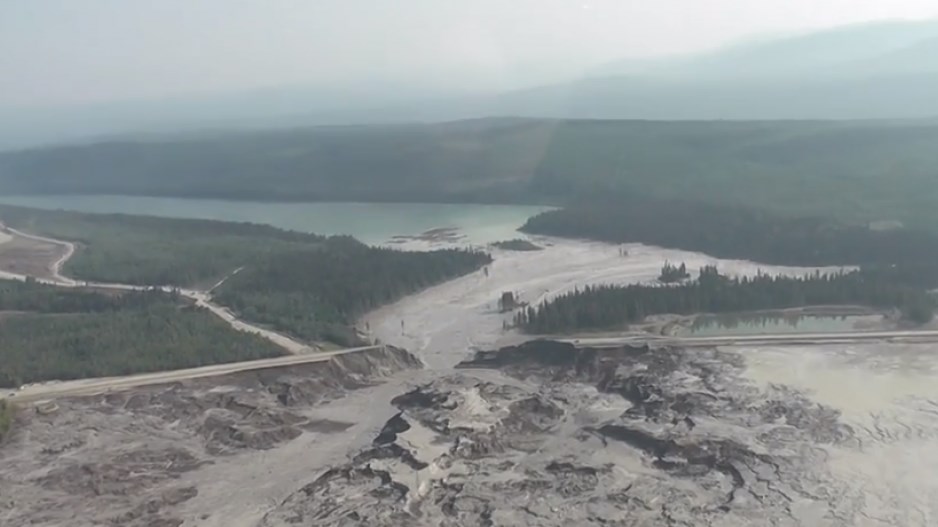The Tsilhqot’in First Nation have filed a civil claim against Imperial Metals (TSX:III), two engineering firms and the B.C. government over the damages caused by the Mount Polley tailings pond collapse in 2014.
However, the First Nation says that, although it has filed a claim, it will give the B.C. government the opportunity to address their concerns before proceeding with the litigation, as per the Nenqay Deni Accord that it signed earlier this year.
Named in the suit, filed last week in BC Supreme Court, are Imperial Metals, and two engineering firms: Knight Piesold and Amec Foster Wheeler (NYSE: AMFW).
Imperial Metals is also suing Knight Piesold and AMEC. Last month, Imperial filed a damage claim against Knight Piesold, which was the original engineering firm contracted to design the tailings pond, as well as the engineering firm that succeeded it.
A panel of experts convened to investigate the dam’s failure concluded that it was essentially a design flaw that caused the tailings pond to collapse in August 2014.
Glacial till below the dam’s foundation was found to be unstable and the dam’s walls were deemed to have been built too steeply.
In its civil suit, Imperial Metals alleges that Knight Piesold “acted negligently” in preparing the initial design between 1990 and 1995 by failing to adequately investigate and identify the subsurface conditions.
It also claims that Amec failed to “identify and warn” of design errors that Knight Piesold had made, and “deferred” too much to the original work done by Knight Piesold.
The dam’s collapse resulted in a huge volume of water and mine slurry flowing into nearby waterways, closing them to fishing.
The Tsilhqot’in are claiming in their suit that the closure of Quesnel Lake and Quesnel River to fishing impacted their aboriginal rights to fish for food.
“The breach seriously impacted traditional fishing of the Tsilhqot’in Nation, with many members unsure of the safety of consuming fish from the Fraser, Chilcotin, Chilko and Taseko rivers,” the Tsilhqot’in said in a press releasee.
“As a result, many Tsilhqot’in people were unable to gather enough food to meet adequate sustenance levels.”
The Tsilhqot’in claim states the B.C. government “failed to meet reasonable standards of inspection and regulation, while the company and engineers acted negligently or otherwise failed to meet their duties to protect the public and the Tsilhqot’in people from this type of disaster.”
However, the Tsilhqot’in point out that the Nenqay Deni Accord has provisions for conflict resolution outside of the courts. That agreement was signed earlier this year, following the landmark Supreme Court of Canada ruling in 2014 that recognized Tsilhqot'in title to Crown land.
The Tsilhqot’in say they will give the B.C. government “and potentially the company” an opportunity to try to reach an out of court settlement before proceeding with the litigation. In other words, it is filed but held in abeyance.
As detailed in Business in Vancouver, when signing the Nenqay Deni Accord, the Tsilhqot’in agreed not to file any more title claims, but did so in June.
Chief Roger William described that title claim as a technical requirement to meet court-imposed time limits and that his people have no intention of acting on it, as long as the accord succeeds.




